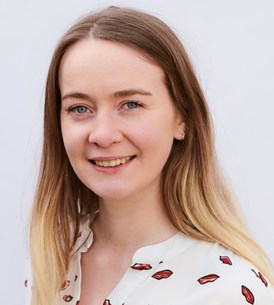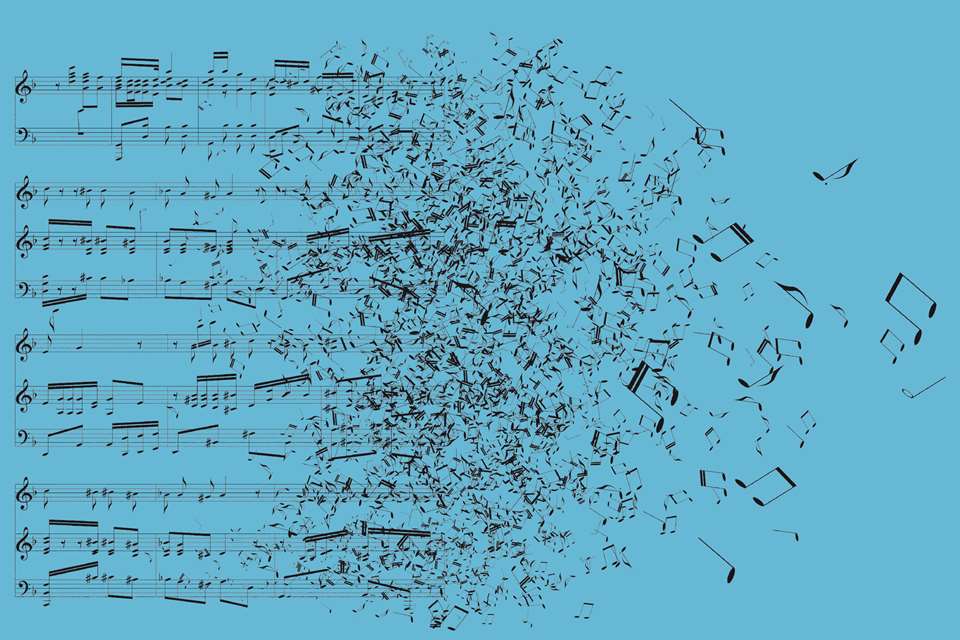The clock is ticking: May 2022 Editorial
Harriet Clifford
Sunday, May 1, 2022
Will we see the NPME before the summer holidays?

vladwel
It may have been naïve to assume that, by the May 2022 issue, we would have been able to bring you coverage of the refreshed National Plan for Music Education (NPME). As we inch towards mid-2022, the Plan has not yet landed despite the promise in 2021 that it would arrive ‘early next year’. On contacting the Department for Education (DfE), I was told that there was no further information to share, and that the NPME will be published ‘later this year’.
The delay, with no explanation offered to schools, hubs, and other stakeholders, is frustrating and does little to inspire confidence in the government's commitment to music as a subject for all children. As we shared via Twitter, the under-secretary of state Baroness Barran said in the House of Lords in April: ‘We simply do not accept that there is a crisis in creative subjects.’ Spoken onto a backdrop of the ISM's latest report, Music: A subject in peril?, this seems to be a concerning denial. Once the Plan appears, we'll be bringing you real-time analysis and summary, so keep an eye on our website and social media platforms for the most up-to-date coverage.
🚨During a House of Lords debate about the EBacc on 29 March, the under-secretary of state at @educationgovuk said: ‘We simply do not accept that there is a crisis in creative subjects.’ 🧵https://t.co/Zb5hKizSlT
— Music Teacher (@MusicTeacherMag) April 1, 2022

The focus of this issue is Music Tech for Composition, which has enabled us to explore a range of related topics. On p.14 you'll find a roundup of readers’ views on using music technology when teaching composing, expanding on a conversation initiated on Twitter; on p.18 you'll meet Paul Clark, whose YouTube composition resources are proving popular for GCSE and A Level students; on p.24 James Manwaring takes inspiration from RWCMD's head of composition; and on p.51, one primary teacher shares practical ideas for using Chrome Music Lab.
Elsewhere, Roger Wilson continues his series on what exam boards are doing to decolonise, this time looking at London College of Music Examinations, meet co-author of a new book for primary music, learn about two different initiatives aiming to introduce young people to underrepresented composers (HerStory and Hidden Histories), and Yogesh Dattani asks how the music education workforce can diversify to better reflect the students we're teaching.
Finally, it was a pleasure to meet many of you at the Music & Drama Education Awards in March, which was a fantastic evening of celebration. You can find out who the worthy winners were in our news story.
I hope you managed to have a restful Easter break and are feeling ready for the Summer Term. As ever, please get in touch with feedback, thoughts, and ideas.
Harriet Clifford, editor




